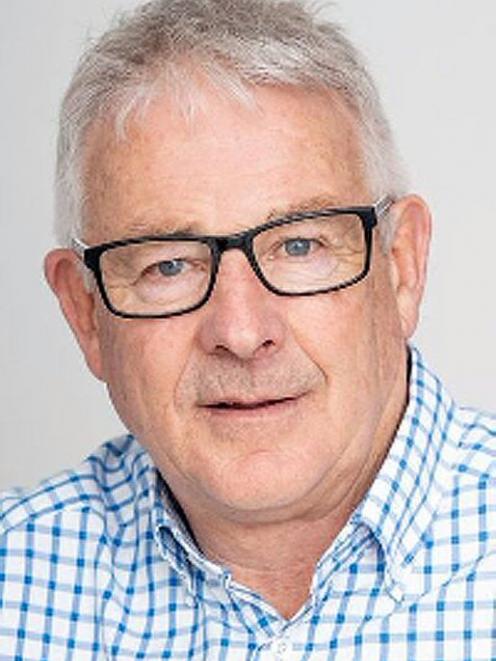"Trying times" and changes to businesses and lifestyles are on the way for those who call the Manuherikia and Ida Valleys home, Otago regional councillors have confirmed.
Councillors yesterday accepted 19 policy provisions to be used as the basis for consultation with the Manuherikia community ahead of notifying the region’s land and water plan in about eight months’ time.
Among the provisions are a minimum flow level of 1200 litres per second by 2030, and then 2500 litres per second by 2040 at the Campground site, near Alexandra.
The final minimum flow level is designed to bring the river back from the ecologically stressed state it is in to a natural one.
In recent weeks, the staff position has been criticised by farmers and conservationists alike.

Yesterday, deputy chairman Cr Lloyd McCall said there would never be a perfect solution for the river, but it was time to find common ground.
"I think it’s really important that we recognise that the decision we are making today is going to impact individuals, and impact them in different ways, but it’s going to be trying times.
"These landowners are going to need support, and they’re going to need to make changes to their businesses and their lifestyles. We just need to respect that."
Two years ago, staff indicated the degree of change due for the river could require large-scale changes in farming or land use.
Cr Andrew Noone said yesterday’s decision was a "defining moment" for the council, but it was subject to meaningful consultation with the community.
In 2004, councillors’ predecessors adopted an "enabling and permissive" water plan.
"I think it’s important to reflect on where we were in 2004 and where we are now — it’s pretty much a U-turn in terms of the policy framework."
Cr Michael Laws said the Manuherikia River had not flowed naturally since the middle of the 19th century.
"And when Falls Dam was built 90 years ago, it was to ensure that the Manuherikia Valley became an agricultural hub and key economic driver for Central Otago and its people.
"Prior to 2017, the Manuherikia farmers and [the] community were encouraged to irrigate to increase the amount of food that was grown by themselves in the best interests for the country."
Cr Kate Wilson said the council was in a position of "finding a solution to what has been everyone doing their best as the government set the agenda".
The council was now asking them to carry the costs "and find the solutions".
Cr Kevin Malcolm said there had not been many court cases against growers in the Manuherikia for doing things wrong with the river.
"They have genuinely tried under the laws of the land of the time to run that river as best they can."
On the other hand, Cr Alexa Forbes said she was concerned waiting until 2040 for a healthy minimum flow was another delay to allow those who used the river’s water to find new ways of doing business as usual, "when we need to look for new things to do".
"I’m tired of narratives of ‘feeding the world’, when the reality is we’re in a commodity market with much of our valuable ecology disappearing as milk solids into junk food around the world."
Cr Bryan Scott did not agree with seven years to get to 1200 litres per second and another 10 years before a minimum flow of 2500 litres per second was set.
"Many in the community actually want to witness improvements in the river."
While he lamented the delays of the past, Cr Alan Somerville said he could not see how the council could move any faster, given the resource consents in place.












